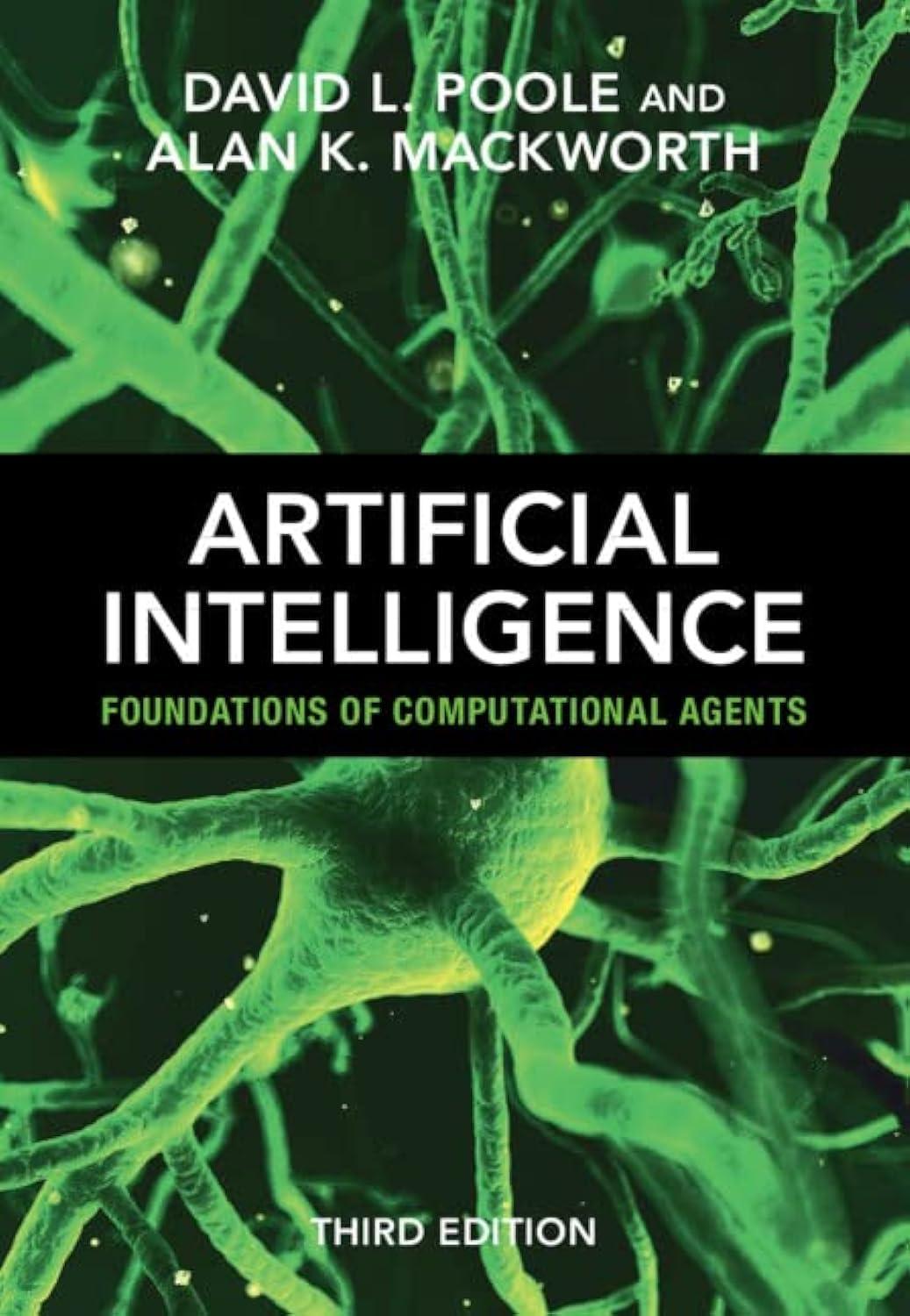Figure 5.15 (page 230) shows a simplified redundant communication network between an unmanned spacecraft (sc) and a
Question:
Figure 5.15 (page 230) shows a simplified redundant communication network between an unmanned spacecraft (sc) and a ground control center (gc). There are two indirect high-bandwidth (high-gain) links that are relayed through satellites (s1, s2) to different ground antennae (a1, a2). Furthermore, there is a direct, low-bandwidth (low-gain) link between the ground control center’s antenna (a3) and the spacecraft. The low-gain link is affected by atmospheric disturbances – it works if there are no disturbances (no dist) – and the spacecraft’s lowgain transmitter (sc lg) and antenna 3 are ok. The high-gain links always work if the spacecraft’s high-gain transmitter (sc hg), the satellites’ antennae (s1 ant, s2 ant), the satellites’ transmitters (s1 trans, s2 trans), and the ground antennae (a1, a2) are ok.
To keep matters simple, consider only messages from the spacecraft going through these channels to the ground control center.
The following knowledge base formalizes the part of the communication network we are interested in:
send signal lg sc ← ok sc lg ∧ alive sc.
send signal hg sc ← ok sc hg ∧ alive sc.
get signal s1 ← send signal hg sc ∧ ok s1 ant.
get signal s2 ← send signal hg sc ∧ ok s2 ant.
send signal s1 ← get signal s1 ∧ ok s1 trans.
send signal s2 ← get signal s2 ∧ ok s2 trans.
get signal gc ← send signal s1 ∧ ok a1.
get signal gc ← send signal s2 ∧ ok a2.
get signal gc ← send signal lg sc ∧ ok a3 ∧ no dist.
Ground control is worried, because it has not received a signal from the spacecraft
(no signal gc). It knows for sure that all ground antennae are ok (i.e., ok a1, ok a2, and ok a3) and satellite s1’s transmitter is ok (ok s1 trans). It is not sure about the state of the spacecraft, its transmitters, the satellites’ antennae, s2’s transmitter, and atmospheric disturbances.
(a) Specify a set of assumables and an integrity constraint that model the situation.
(b) Using the assumables and the integrity constraints from part (a), what is the set of minimal conflicts?
(c) What is the consistency-based diagnosis for the given situation? In other words, what are the possible combinations of violated assumptions that could account for why the control center cannot receive a signal from the spacecraft?
Exercise 5.18
(a) Explain why NASA may want to use abduction rather than consistencybased diagnosis for the domain of
Step by Step Answer:

Artificial Intelligence: Foundations Of Computational Agents
ISBN: 9781009258197
3rd Edition
Authors: David L. Poole , Alan K. Mackworth






